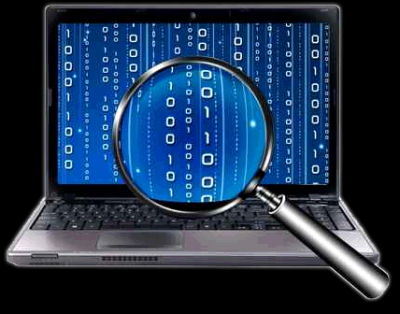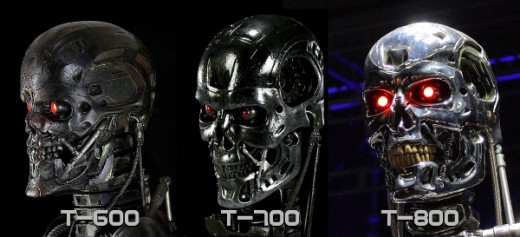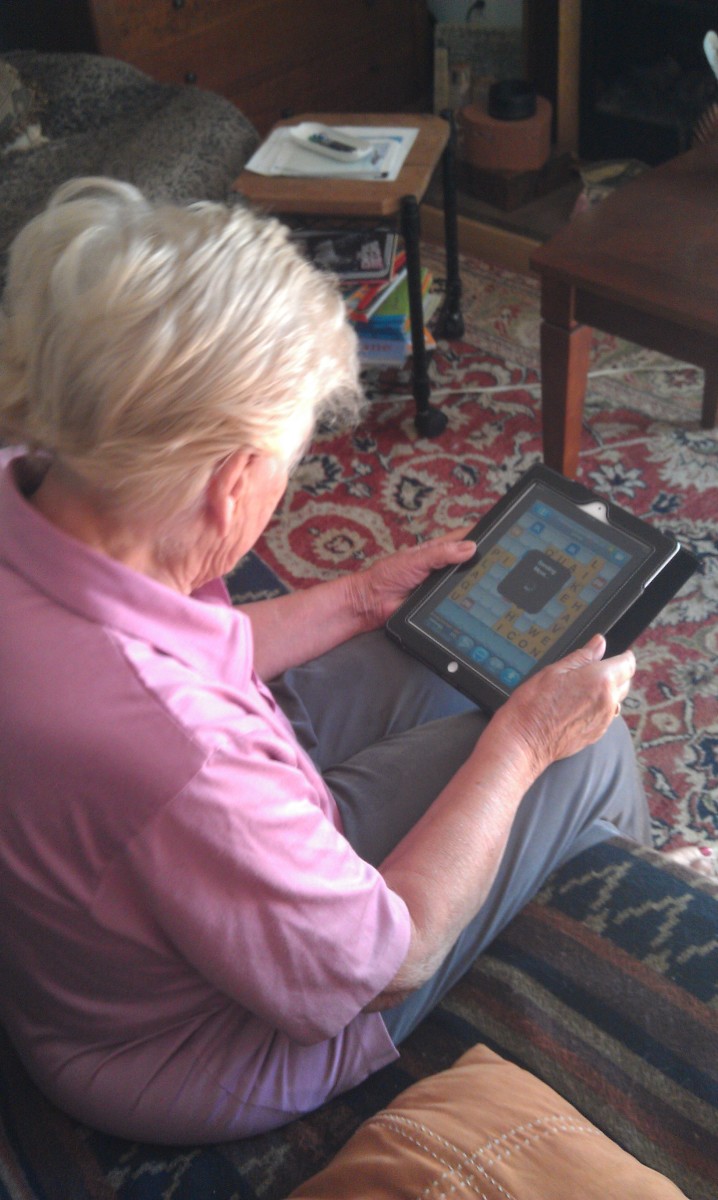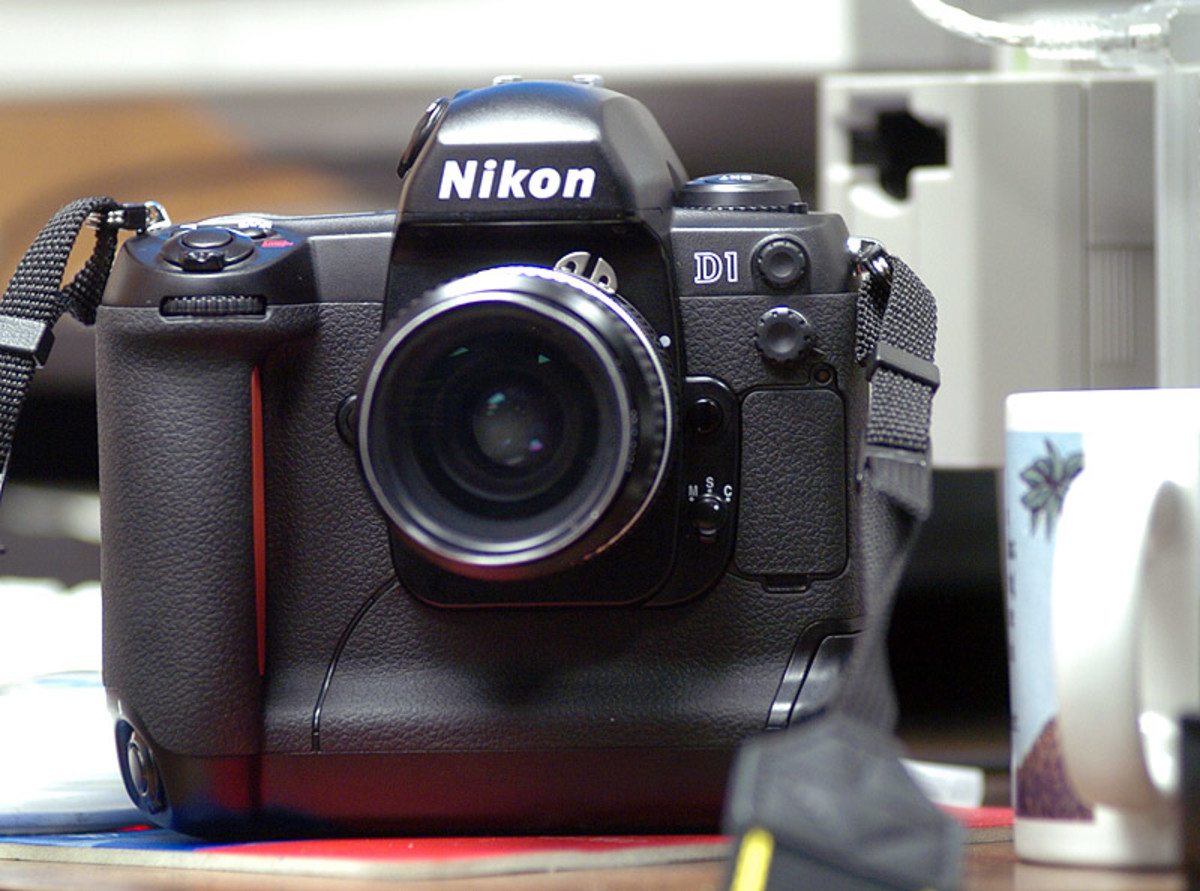For Better or Worse: Technology is Changing Our Lives

An Ever-Changing World
In the ever-changing world of technology some things are certain: the amount of machines and devices that have become a part of our lives is growing exponentially, the pace at which they change and improve is steadily growing faster, our dependence upon them for even the most mundane parts of our lives is increasing dramatically, and there appears to be no changes to these trends anywhere in the near future. How people view these phenomena, however, vary from the gloom and doom of the destruction of mankind to the euphoria of peace on earth to all men.
School Meets Technology
In the early eighties, when our local school board recommended introducing computers into the classrooms, many of the parents had never seen a computer, much less operated one. As is human nature, everyone soon had begun developing their own views and opinions concerning their use, practicality, and influence on the students. While many were neutral on the subject, willing to watch and see if this couldn't be a valuable part of the students' education, the remaining sets of parents were divided against each other on far distant sides of the spectrum: those who believed that computers were the creation of Satan and would be the downfall of the students, the school, and the nation, and on the other side those who saw this as the next chapter in the improving of the education of their children.
Differing Opinions
In two articles, one written for USA Today, titled "Communications Technologies That Will Change Our Lives", by Graham T.T. Molitor, and another titled "Technology and Social Change: The effects on Family and Community", by J. A. English-Lueck, written for the COSSA Congressional Seminar, the fast and ever-changing aspects in the world of technology are discussed in relation to the family and the world and their impacts on people. While Mr. Molitor tends to be less specific about the effects of technology on families than does Dr. English-Lueck, he does seem to hint at a slow but drastic demise of humankind as we know it. Dr. English-Lueck offers a more optimistic change in our lives via the continued advances in the world of computers.
The Exponential Growth Factor
In the article "Communications Technologies That Will Change Our Lives", it is pointed out that there is a continuingly increasing speed of the introduction of new products and technology into our lives. Radio, first introduced into households in the late 1800s, would take 30 years to amass 50,000,000 listeners. TV would reach that goal in only 13 years, but the world wide web would become a staple in 100,000,000 households in a mere 6 years (Molitor, 2003).
AI Takes Over (So They Say)
As the number of devises we use continues to grow at record speeds, so too does the amount of functions that each device employees continue to grow. Amongst these functions is a capability called artificial intelligence (AI) that has been suggested by many to be taking over what used to be normal human functions (thinking, reasoning, etc.). Molitor believes that AI will soon be taking over more and more split-second human decisions, thus leading to a lesser need for humans to think for themselves. This would seem to suggest that he believes that humans will over time become less intelligent, and therefore start to become more like animals and less like humans.

Is the End Near for Us
To defend his argument, he quotes Ray Kurzweil, author of "The Age of Spiritual Machines", who believes that PCs will one day overtake and surpass human brain capacities. They will become so intelligent and human-like that they will possibly one day be afforded "human rights". Although the suggestion may not be so dismal as to suggest that we will one day see the rise of machines to destroy humankind as seen in "The Terminator", there is no doubt that Molitor hints at a not too bright future.
Where Does Work End and Begin?
Although Dr. English-Lueck paints a more inviting picture of a future with technological devices, it is not without controversy. As people get more and more devices, and these devices gradually begin to incorporate an ever-growing collection of functions-presumably with the intent of making life easier-the lines that mark the boundaries between work, play, and family time are slowly eroding.
Playing Catchup
No longer do people have to stay late at work to finish a project; now they can download the files to their laptop or smartphone and finish in the comfort of their home. They can take a break from work and spend time with the children before they go to bed as opposed to standing around the water cooler discussing their children with co-workers. The disadvantage is that most children can't differentiate between work-time and play time when mom or dad is at home. It used to be that when Dad came home from work that he was finished for the day. Not so in these times. In some cases it just means that he has just now started. Technology was supposed to make our lives better and easier, but it doesn't appear that is the case. The attitude of many is, "Working at home doesn't let me get ahead, it stops me from falling behind."

The Family That Plays
It used to be said, "The family that prays (or plays) together stays together". It seems nowadays that neither of those is happening. However, with the plethora of devices literally at our fingertips, even though each family member is distracted by their own schedules and appointments, via shared information on their devices, they can all keep in constant contact even if it is no more than an abbreviated text message. According to an article at laptopmag.com, 25 percent of survey respondents said their family was closer than the one they grew up with, thanks in part to cell phones (Wollman, 2009). According to some people interviewed by English-Lueck, a family isn't defined by a natural unit, but rather by what they do together. If that is true, then perhaps the web of communication created by the constant use of these connected devices serves as a fabricated adhesive that holds the family together even when they are miles apart.
You Have Mail
With the rise of these machines comes a more world conscious awareness. What happens in China or some other far-flung country is no longer a mystery that we find out about months or even years later. We don't even have to wait until the evening news anymore. Almost the same instant something happens, one of the apps on one of our multitude of devices announces the need for our attention with a beep, vibration, or pop-up message. We have e-pals all over the world. We know more about other cultures and languages than ever before. Unfortunately, we have lost sight of the here and now. Most of us don't even know our next-door neighbor's name, much less anything about them.
© 2018 Stephen Moore








